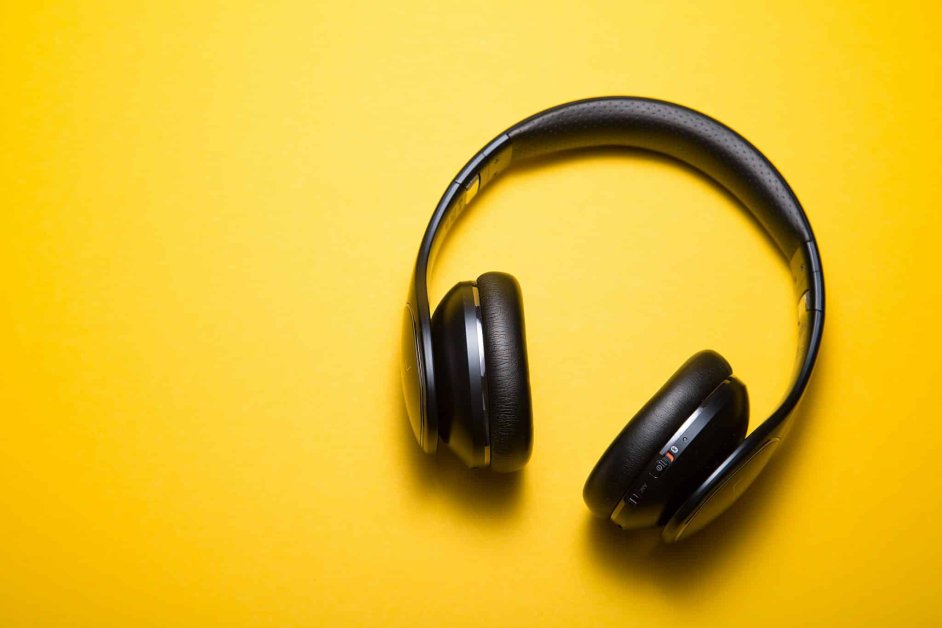Sony’s recent actions have garnered attention as they sent out letters to 700 tech companies, warning them against using their music for AI training without authorization. This move by Sony aims to protect their intellectual property and ensure that their innovative technology is not exploited without proper consent in the rapidly evolving field of AI.
The recipients of the letters were instructed not to use any of Sony’s music, lyrics, album cover art, composition, or metadata without permission. Additionally, they were asked to provide detailed reports on the Sony songs they used for AI training, the duration of usage, and the presence of any copies of these songs.
Sony has set a deadline for the recipients to respond to their inquiries, highlighting their commitment to enforcing their copyright to the fullest extent permissible by law. The company emphasizes the importance of protecting the rights of artists and songwriters in embracing new technologies while ensuring fair compensation for their creative work.
The rationale behind Sony’s proactive approach is to safeguard their intellectual properties and those of their artists from unauthorized use by AI companies. Unauthorized use of copyrighted music for AI training poses a threat to artists and the music industry, potentially leading to AI-generated music competing with original artists.
The music industry is witnessing significant changes due to the increasing use of AI in creating music, with concerns arising about AI-generated songs mimicking real artists without proper credit or compensation. Various instances of AI-generated songs imitating popular artists have raised copyright issues, prompting legislative bodies to introduce new regulations to address these challenges.
Legislative efforts, such as the introduction of new laws in U.S. states like California and Tennessee, are aimed at regulating AI music companies and protecting the rights of performers, songwriters, and music industry professionals from the misuse of artificial intelligence. These developments reflect the industry’s recognition of the need to establish guidelines for AI-generated music to maintain ethical standards and protect intellectual property rights.


